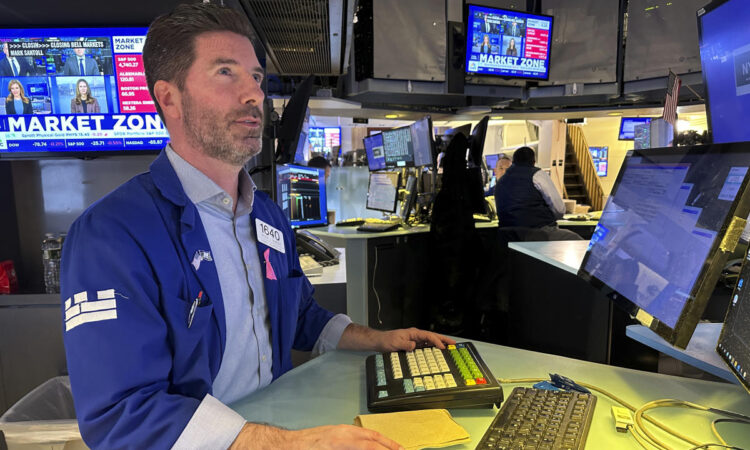
Paramount Global (PARA) shares skyrocketed more than 10% in early trading on Wednesday after Bloomberg reported media mogul Byron Allen made a $14.3 billion bid to buy all of Paramount’s outstanding shares.
According to the report, Allen offered $28.58 each for the company’s voting shares, marking a 50% premium compared to recent trading levels, and $21.53 for non-voting shares. Including existing debt, the total value of the deal mounts to roughly $30 billion. It’s unclear how he would finance the takeover.
National Amusements (NAI), Paramount’s holding company, owns approximately 10% of Paramount’s equity capital value and maintains 77% of voting shares — valued at around $1 billion. Shari Redstone currently serves as the non-executive chairwoman of Paramount Global.
“We think PARA should immediately take this deal, as it represents >50% premium to yesterday’s close, which is likely an acceptable premium for the majority of PARA’s shareholders,” KeyBanc analyst Brandon Nispel wrote in a new note to clients on Wednesday.
Per the report, Allen plans to sell the Paramount film studio, which has produced top movies from “Top Gun: Maverick” and the “Mission Impossible” franchise to the recent breakout thriller “Smile” and kid-friendly “Paw Patrol.”
He would also sell real estate and some other intellectual property but retain the TV channels and Paramount+ streaming service. He would plan to run them on a more cost-efficient basis, Bloomberg noted.
Wells Fargo analyst Steve Cahall, who recently upgraded the stock to Equal Weight due to potential M&A unlocking value, added Allen’s deal seems the most probable.
“While investors were initially skeptical Allen’s offer can be financed, we think he wants the linear assets and there are ample buyers for the studio/content. This increases the probability something comes together, which will keep shares elevated,” he wrote on Wednesday. “The implication is studio/real estate finances the deal.”
Paramount has become the industry’s No. 1 pick for a breakup or merger due to its small size relative to competitors — which has also meant getting passed over by some consumers that only want to pay for so many streamers.



